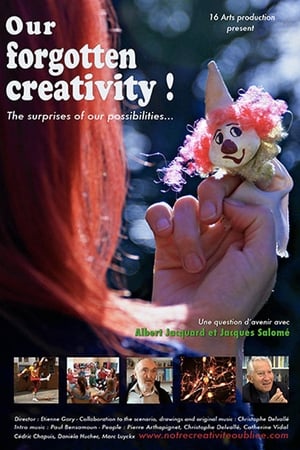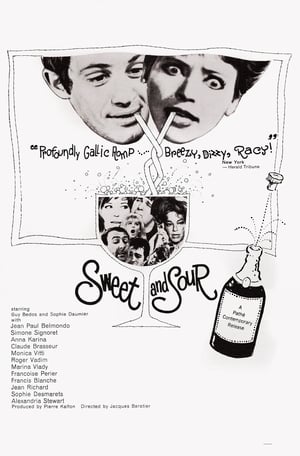Biography
Albert Jacquard (23 December 1925 – 11 September 2013) was a French geneticist, popularizer of science and essayist.
He was well known for defending ideas related to science, degrowth, needy persons and the environment. He was 10 years an active member of the French communist party (PCF).
He was born in Lyon to a catholic and conservative family from the region of Franche-Comté (east of France). At the age of nine, he was disfigured after a car accident in which his brother died. In 1943, he earned two baccalaureates in mathematics and philosophy. In 1948, he earned a master's degree in public factory engineering from the French École Polytechnique and joined the French Institute of statistics.
In 1951, he entered the French tobacco monopoly SEITA (which merged with its Spanish counterpart Tabacalera to form Altadis in 1999) as an organisation and method engineer. Then, he worked as a rapporteur in the French Court of Financial Auditor (equivalent to the US Government Accountability Office) and as a senior executive in the French Health ministry. In 1966, he went to Stanford University to study population genetics as a Research worker. Back in France in 1968, he joined French Institute for Demographic Studies as supervisor of the genetics department. In 1973, he was appointed expert in genetics in the World Health Organisation. He retired in 1985.
While he was still working in the World Health Organization, he taught as visiting professor at several universities such as the University of Geneva in Switzerland (1973–1976), Pierre and Marie Curie University in Paris (1978–1990) or the Catholic University of Louvain in Belgium (1979–1981). As a recognition for his work, he was awarded the French Légion d'honneur, the French Ordre national du Mérite and the Fondation de France scientific medal.
"I have no solution: I don't intend to build the society of tomorrow. I just want to show that it must not resemble the society of today."
While he was part of the French Consultative Committee of Ethics (Comité consultatif national d'éthique) in the early 1990s, he took a strong stand against commercial use of the human genome.
He was very close to the anti-globalization movement and regularly came to the defense of illegal immigrants and homeless people in France.
He wrote several books to expose his views and share his experience with new generations. He made a variety of public statements in favor of choosing Esperanto as a universal second language in contradiction to tendencies in Europe to use English as a second language.
Source: Article "Albert Jacquard" from Wikipedia in English, licensed under CC-BY-SA 3.0.





